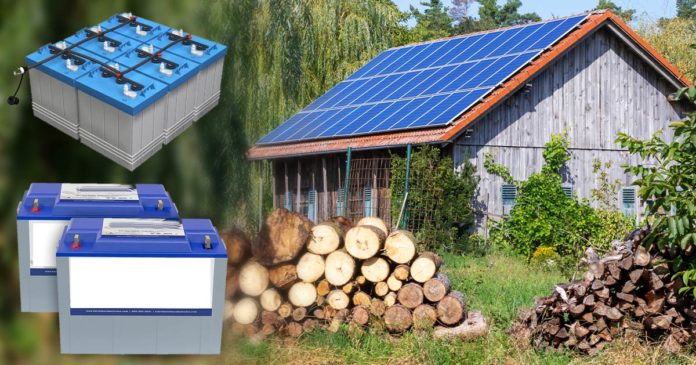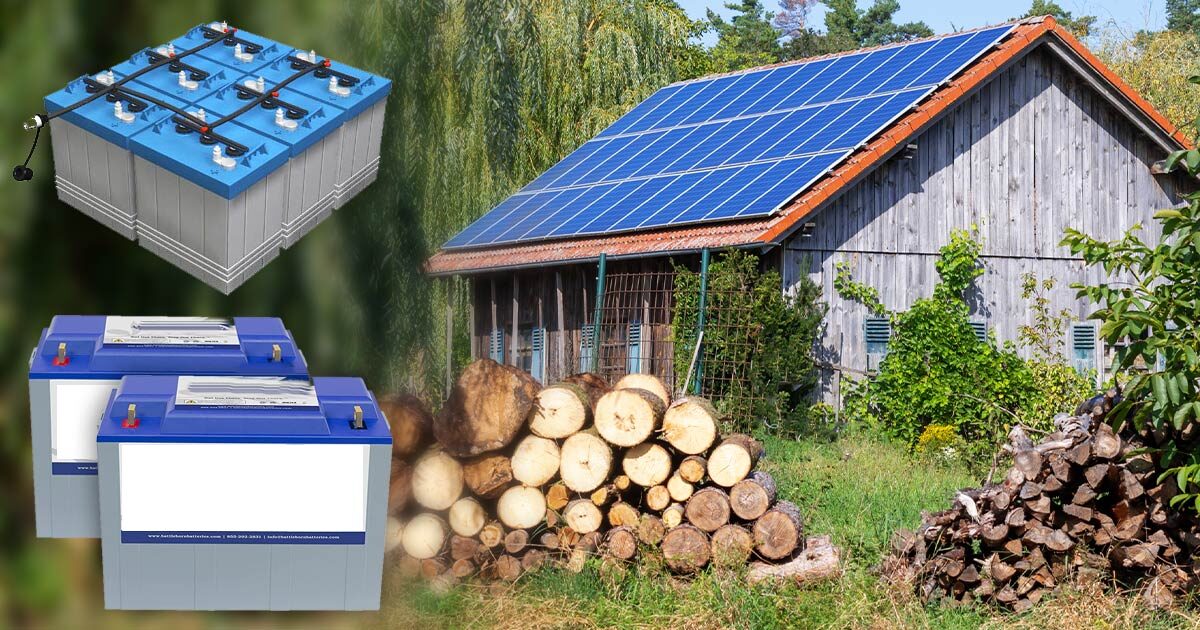
We’ve talked a lot about batteries over the years and provided our readers with several options to help them set up the ultimate off-grid solar systems, but technology has brought us to a place where today, the best option in almost all cases is going to be deep-cycle lithium iron phosphate (LiFePO4) batteries.
Deep-cycle lithium iron phosphate (LiFePO4) batteries
Lithium-ion technology has had a significant impact on how we power our electronic devices. The technology is now used in everything from consumer electronics such as mobile phones, laptops, and drones to electric cars and off-grid solar power systems.
In testing, Lithium batteries outperform every other type of off-grid battery when it comes to storing energy from a solar system. In addition, they’re more efficient, charge faster, require no maintenance or ventilation, and last significantly longer. While they are more expensive up front, the operating cost over time makes them the most cost-effective option on the market.
Lithium-Ion Batteries are Great for Inconsistent Solar Charging
One of the most significant drawbacks to using older lead-acid-based batteries in solar systems is the way they operate and charge. Because of the nature of solar, charging conditions can be inconsistent due to weather, location, and time of year. This is brutal on lead-acid-based batteries, and inconsistent charging can damage your battery system.
Inconsistent charge cycles are not a big problem with lithium solar batteries. Lithium batteries are also great when it comes to handling irregular discharge cycles.
How long do Lithium-Ion Batteries last compared to typical lead-acid batteries
Typical lead-acid batteries can last anywhere from 250 to 900 charging cycles. Under perfect conditions and with proper maintenance, that means they will last a few years at the most with daily solar charging. However, you should also keep in mind that, in most cases, you will only be able to use about 50% of the capacity of a lead-acid battery before the voltage drops too much to power your system. But even worse, draining a lead-acid battery below 50% of its capacity causes damage and shortens its lifespan.
On the other hand, good lithium batteries can last over 5000 charge cycles and maintain consistent power and voltage during discharge until you fully drain the battery. Furthermore, fully discharging lithium batteries does not harm them like it does lead-acid batteries, meaning that your 5000 charge cycles are actually full discharges, giving you a possible 10+ years of use. And with the better brands, even after that 5000 charge cycles, your lithium batteries, 80 percent of the battery capacity will still be available.
The Best OFF-Grid Lithium-Ion Batteries
Battle Born Batteries
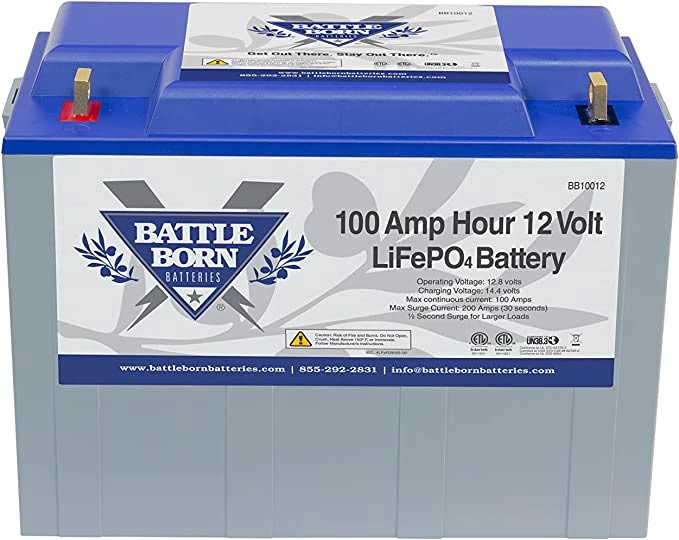
Battle Born Batteries are made right here in the U.S., and are one of the top Lithium batteries on the market. From RV and vanlife to powering off the grid homes and cabins, Battle Born Batteries has multiple form fitting options that allow for endless mounting capabilities.
LiTime Lithium LiFePO4
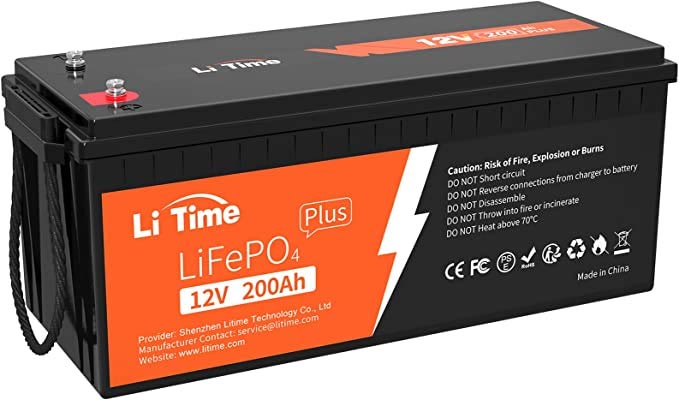
LiTime makes several deep cycle Energy Storage Battery systems targeting the RV and off-grid lifestyle communities. The company rates their batteries at 4,000 – 15,000 discharge cycles, they are also one of the cheapest on the market with 12V 100Ah LiFePO4 Lithium Batteries selling for under $300.
Renogy Batteries
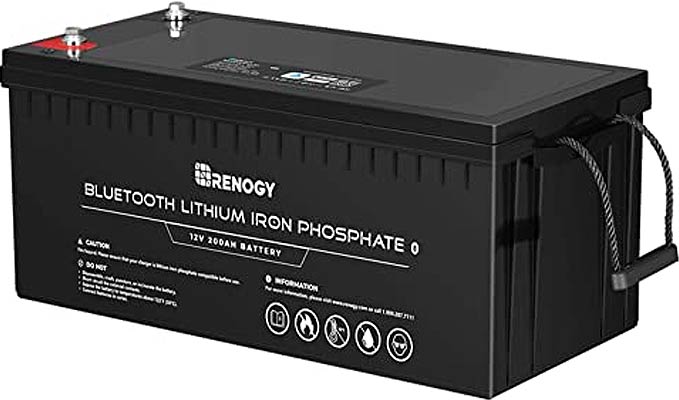
Renogy has been in the off-grid battery market for sometime now. They offer a full line of Lithium-Ion Batteries including ones that offer real-time monitoring via built-in Bluetooth modules.
Dakota Lithium Batteries
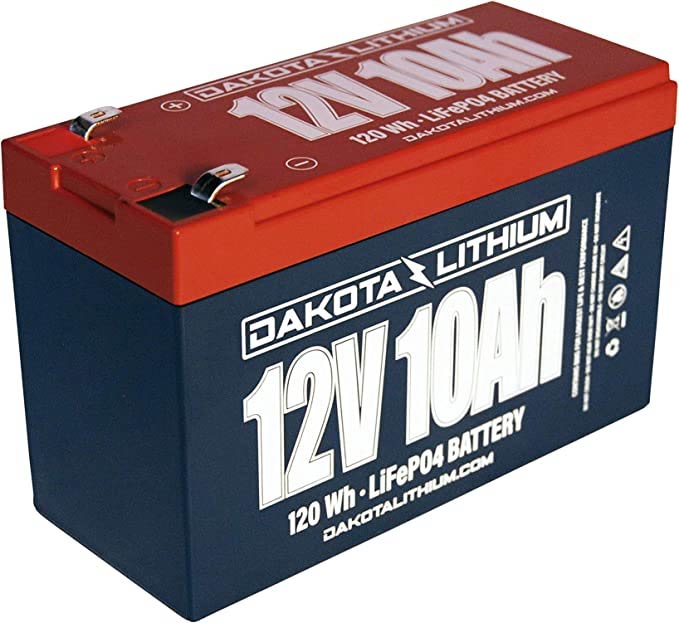
Dakota Lithium Batteries last 4x longer than traditional batteries, providing lasting value and reducing e-waste and the impact on our planet.. The company prides itself in its 11 year warranty, ISO 9001 certified engineering and quality control systems, and lifetime technical support. All Dakota Lithium Batteries include Battery Management System (BMS) technology that controls cell balancing, low and high voltage cutoff, short circuiting, as well as high temperature protection for increased performance and longer life.


